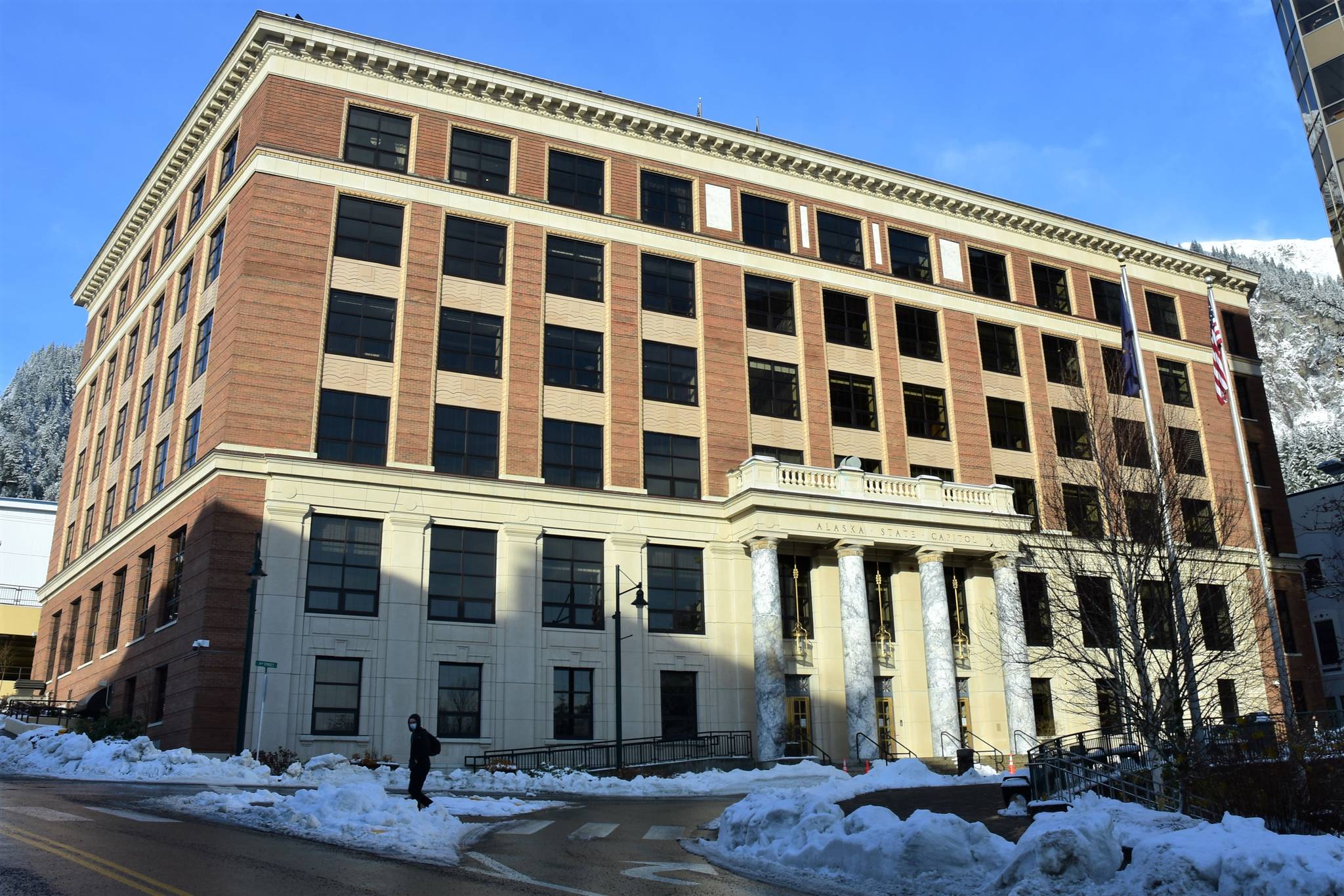By Rich Moniak
“Working as an engineer throughout my life, I live by the motto that numbers don’t lie” Brad Raffensperger said two weeks ago at the state capitol in Atlanta. He was defending the integrity of the state’s election results, which were disappointing to him as a Republican because “our candidate didn’t win Georgia’s electoral votes.”
By putting loyalty to the truth expressed in those numbers ahead of his party’s anointed leader, Donald Trump, and the party itself, Raffensperger’s speech will be remembered as a rare moment of political courage.
A similar test is awaiting newly elected Republican legislators in Alaska. They’ll be seeing the state’s budget problem from an entirely new perspective this winter. If the numbers don’t align with their party’s ideology, will their allegiance be to the truth or the elected governor and the party?
Having been an engineer for 35 years, I can appreciate how numbers provide an objective view of reality. But it would all fall apart without a professional code of ethics. Its “Fundamental Canons” requires engineers “hold paramount the safety, health, and welfare of the public;” “perform services only in areas of their competence;” and “issue public statements only in an objective and truthful manner.”
The latter must be “founded upon knowledge of the facts.”
Assuming Raffensperger did the due diligence required of his position as Georgia’s Secretary of State, he was speaking from a level of competence and factual knowledge that very few have the right to challenge. His integrity can be questioned. But without access to the facts, even that can only be done from a position of severe inferiority.
Compared to Gov. Mike Dunleavy and returning legislators, the new members are entering Alaska’s budget debate at a disadvantage from not having had access to all the numbers. Ron Gillham of Soldotna wants a smaller budget and smaller government. Tom McKay of Anchorage thinks “it’s pretty simple: we need to not spend more than we have.” Roger Holland of Anchorage, Mike Cronk of Tokand Christopher Kurka of Wasilla want to issue Alaskan residents checks up to $7,000 for the amounts the PFD was reduced between 2016 and 2020.
For the sake of the public welfare though, they have a responsibility to be truthful about what they learn in office even if it upsets the pledges they made during the campaign.
Like former Gov. Bill Walker did. In 2014, he campaigned to balance the budget through reduced spending and smaller government. He promised never to touch the PFD. But after being sworn into office, he faced a more complicated reality made worse by the crash of oil prices. It took his administration a full year to develop a plan that addressed the immediate shortfall and long-term budget outlook.
For Walker, setting aside the Republican orthodoxy he once embraced didn’t ruin his relationship with the party. He formally left it two months before the election. But abandoning his lifelong allegiance to fiscal conservatism still required the kind of ethical integrity displayed by Raffensperger.
At a much lower level, former CBJ Assembly member Jerry Nankervis overcame a personal challenge like that. Faced with its own projected budget gap in 2015, the Assembly proposed modifying the senior citizen sales tax exemption. With an exception made for those with income-based hardships, nonessential purchases would no longer qualify for the exemption. Despite being a vocal opponent of tax increases and an advocate for spending cuts, Nankervis supported the change, quite likely because while in office he immersed himself in the borough’s real budget numbers.
Obviously, referencing Walker and Nankervis in this manner purposely suggests the new legislators will learn Dunleavy is on the wrong side of Alaska’s budget truths. I could be wrong. But the past few years he’s failed to convince a bipartisan group of legislators in both chambers that he was right.
He also undermined his credibility as a candidate by claiming his budget outlook was based on the price of oil “trending at nearly $85 per barrel.” Because that was only true during a few weeks just before the 2018 election. Prices of Alaska North Slope oil are publicly available at https://tax.alaska.gov/programs/oil/dailyoil/dailyoil.aspx.
The numbers don’t lie. People do. And politicians afraid to admit they’re were wrong or upset the party base do it more than most.
• Rich Moniak is a Juneau resident and retired civil engineer with more than 25 years of experience working in the public sector. Columns, My Turns and Letters to the Editor represent the view of the author, not the view of the Juneau Empire. Have something to say? Here’s how to submit a letter to the editor or My Turn.

